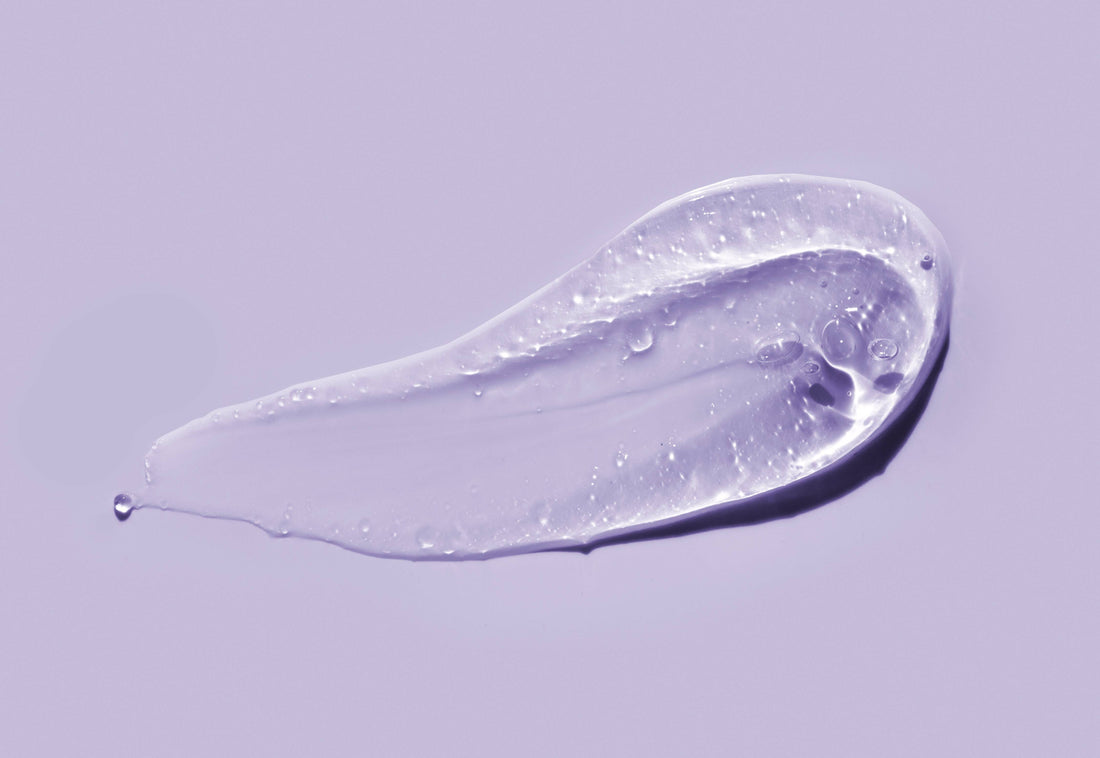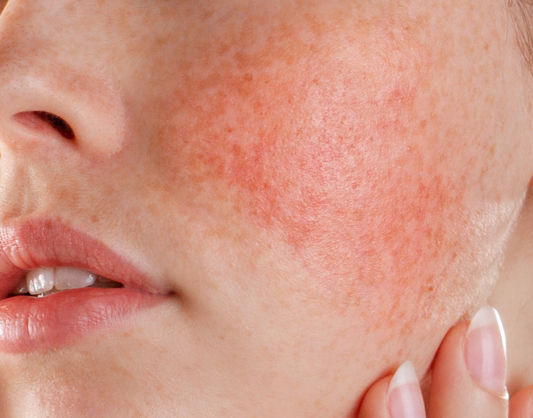A Dermatologist Guide to Silicones in Skin + Hair Care with Dr. Mara Evangelista-Huber
What is a silicone?
Silicone is a term that refers to many classes of organosilicone polymers that contain repeating siloxane silicone-oxygen (Si-O) units. These compounds comprise a large group with varying physical and chemical properties. Examples include:
- Dimethicone
- Dimethiconol
- Amodimethicone
- Cyclomethicone
- Cyclohexasiloxane
- Cyclopentasiloxane.
They are known for their spreadability, slip, heat resistance and detangling properties. You know that silky, soft feeling you get after you use hair oil or a serum? That's the silicones working their magic.
Do silicones clog your pores?
A significant misconception is that silicones create a solid layer on the skin, but in reality, they form a permeable film that allows oxygen and water vapor to pass through. Studies confirm that silicones are permeable to water vapor due to their open and flexible chemical structure. They do not worsen acne or clog pores, in fact, silicones are in most moisturizers and serums commonly recommended by dermatologists to patients with acne and rosacea.
Do they build up on your hair?
Silicones form a protective film to help prevent water loss from the hair shaft caused by heat styling. Due to their incredible slip and spreadability, they make it easier to detangle your hair and prevent breakage. Everyone has a different hair structure and every ingredient has the capacity to build up in your hair, this goes for oils as well! Some oils are actually more likely to build up in your hair than silicones, this is where formulation, dose, and type of silicones matter.
Should consumers consider the comedogenic scale when looking at an ingredient list on a product?
Comedogenicity ratings are typically determined through animal and/or human studies, in which test materials are applied to the subject's skin and observed for the development of clogged pores or comedones. However, these studies differ in various ways, which can account for conflicting results and lack of credibility.
“The presence of comedogenic ingredients does not always lead to clogged pores. Although comedogenicity studies are conducted, the results may vary from person to person due to our skin's inherent differences, our environments and lifestyles.” - Dr. Mara Evangelista
Tips for choosing skincare products:
- Don't focus on individual ingredients, the overall formulation is more important.
- "Non-comedogenic" claims are not always reliable.
- The FDA doesn't regulate "comedogenicity" or provide a list of ingredients to avoid.
- Different companies and labs use different testing methods, so there is no standardized way to determine comedogenic potential.
- Try to get a sample or patch test a product before buying it.
- If you're acne-prone, avoid products with highly comedogenic ingredients in the top 5.
- Experiment with patch testing for a longer period if needed. If a product breaks you out, stop using it.
- Remember, acne can have many causes, not just cosmetics. Consult a dermatologist for advice.
Would you agree that silicones are beneficial for both skin and hair?
Yes, I agree! The physical and chemical properties of silicones lead to an impressive array of properties and benefits for both skin and hair. They are inert, non-irritating and are not likely to clog pores. On a nerdier note, certain chemical modifications may influence different aspects of the resultant silicone polymer, resulting in increased formulation flexibility. These properties and benefits make silicones valuable ingredients in skin and hair care products, and are essential in developing new formulation concepts where product feel and texture matter. Different silicones have different physicochemical structures (and various formulations), leading to different effects and functions.
What are the benefits of silicones in skin and haircare?
- Protects the skin (helps prevent irritation, chafing)
- Lubricates the skin
- Makes skin feel soft + smooth
- Reduces the appearance of fine lines and wrinkles
- Gives skincare products a nice, silky texture
- Reduces tackiness and greasiness of skincare products
- Helps skincare products (and other ingredients) spread on skin
- Serves as carrier fluids to deliver an even layer of ingredients, and enhances penetration of active ingredients
- Increases substantivity (makes skincare products long-lasting) / increases resistance of products to wash-off
- Increases durability of some actives and protects them from degrading prior to application (e.g. sunscreens)
Benefits for hair:
- Conditions hair
- Smoothes hair
- Detangles hair
- Adds shine to hair
- Increases substantivity and durability of hair dye
- Protects hair from heat and humidity
When should you avoid silicones, if at all?
There is no evidence-based reason to avoid skin and hair care products that contain silicones. However, personal preference and experience play a role in product selection. If you find that certain silicones or silicone-containing products do not work for you, feel free to use other products that better suit your preferences.


